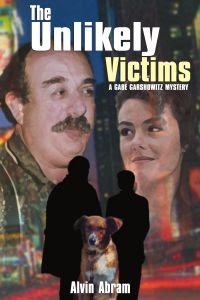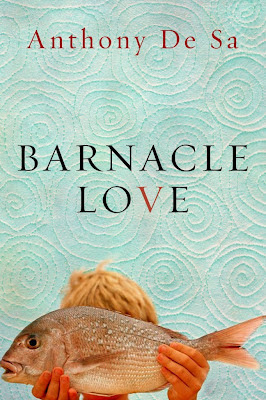This is a dark one. Not totally depressing, of course - there are hopeful and even light moments - but it's not a novel that's going to make you feel great about the world. But I'll tell you what it is: amazing.
More is the story of a woman named Idora who basically shuts herself in her apartment for four days and struggles with the reality of her son's choices, which are leading him on a path to jail and/or an early death. The whole novel is just what is going on in her head during this time.
This is the kind of concept that takes a lot of confidence to pull off. It reminded me a bit of Castaway, which could have been a terrible (or terribly boring) movie were it not for the skills of the people involved, but mostly the strength of the acting - the audience really needed to care about the guy on the island. More is like that - you really have to care about Idora. And I did, desperately, because Austin Clarke is a masterful writer; I would not hesitate to use the term "literary genius". This guy is fucking good, you guys.
Idora lives in a rough neighbourhood called Moss Park, which is a real place but not one that I have any familiarity with beyond a vague sense of where it is located. She is from Barbados, but has lived in Toronto for many years, having moved with her husband who then deserted her to find work in America. Her teenaged son, BJ, is getting involved with a rough crowd, but this thread is not as simplistic as all that. The book skirts around the edge of what BJ is actually involved in, but clearly a lot of it consists of his struggle with his identity as a black son of a single mother in a country/world that doesn't give a shit about black people. He is developing a personal and cultural identity that mirrors Idora's as he wrestles with the myriad difficulties of being a black man in this world.
Idora has a job at the university and a best friend who is white, and constantly juggles the two different worlds she inhabits. I want to talk about all of it - her resentment of her friend's experience of Kensington Market as a white woman; her aching for BJ to belong; her sharp-edged pride at being a citizen of a country that hates her; the complex intersection of race, religion, gender and sexuality behind every line - but you really should experience it for yourself.
Seriously, I can't write any more about it - just do yourself a favour and read this book.
Five CN Towers out of five.











